The Sociology Program
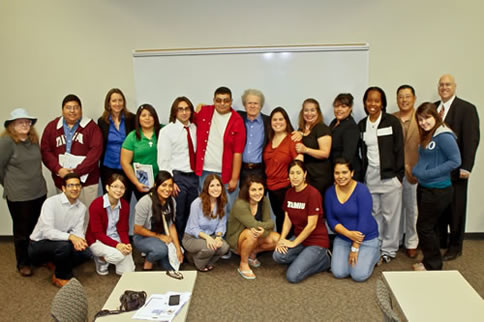
Sociology students with Dr. Erik Olin Wright, American Sociological Association President
Located in the vibrant cultural mix of the Border Region, the Sociology Program is part of the Department of Social Sciences at TAMIU and is an ideal place to study cultural and social change. The Laredo Metropolitan Statistical Area has a population of 263,359 and is one of the fastest growing cities in Texas. Our program focuses of teaching students about the ways cultures mix, change, and develop.
Our Mission
The mission of the Sociology Program at TAMIU is to provide our students with the theoretical, empirical and substantive knowledge in the discipline, to provide them with a diversity of approaches, and to instill in them a desire for lifelong learning. The Bachelor of Arts and Master of Arts in Sociology are designed to support the mission of the university by:
- Increasing our students' ability to communicate through the use of the written and spoken word
- Develop their appreciation of culture and social integration
- Develop their sense of self-realization.
Our Programs
- Bachelor of Arts in Sociology: A120 credit hour degree program that introduces students to the fundamental foundations of sociology. Students can complete the degree by taking courses on campus or online. Graduates from our program find employment in social service, education, non-profit and public service agencies.
- Master of Arts in Sociology: Designed to prepare students to actively participate in the development of applied knowledge and policy responses to contemporary social problems. A focus is placed on sociological theory and social science research. Students may pursue either a thesis or non-thesis degree.
Our Faculty
Department faculty have a wide range of teaching and research interests. We routinely apply our research expertise to a broad range of local, state, national and international issues and emerging challenges.
Current Students
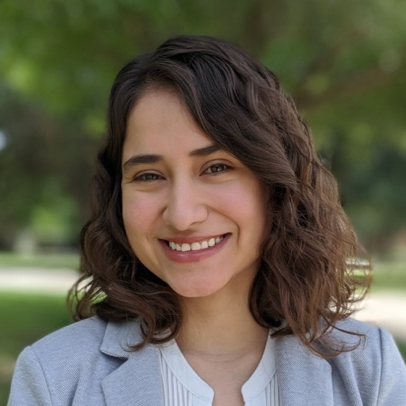
Jessica Chandarlis, Master of Arts in Sociology Candidate
In the Summer of 2012, I had the once-in-a-lifetime opportunity to conduct research in Singapore funded by the National Science Foundation. I assisted with the development of surveys, conducted interviews with respondents, and analyzed data after returning home. Armed with the skills I gained through this international research experience and incredible mentorship from the sociology department, I gained the confidence to pursue a Master of Arts in Sociology with a primary focus on sexual violence. Myriad stories have appeared in recent times cuing the general public to something that women have always known. Sexual violence against women has always existed and will continue to exist until we do something to curb this social phenomenon. I, for one, want to be a part of the solution. In Fall 2019, I began research on transnational feminist social movements, specifically in the U.S., China, and Peru. Shortly thereafter, I began a research project with Dr. Pamela Neumann, Assistant Professor of Sociology, to study the feminist movements in Peru that arose against femicide and gender-based violence. This Fall 2020, I will be beginning my thesis project on a topic I care deeply abroad. I feel prepared for the challenge and know that I have the help of my thesis committee and the department every step of the way.
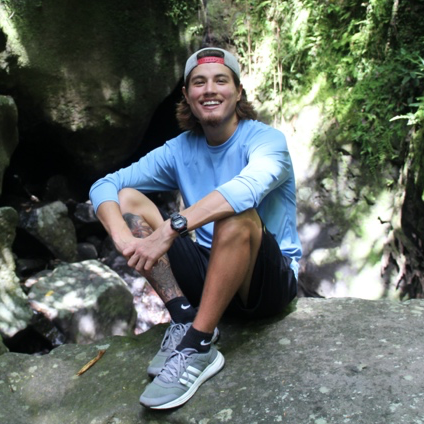
Richard Esqueda, Master of Arts in Sociology Candidate
As a graduate student enrolled in the Sociology Master’s Thesis Program at Texas A&M International University, I have developed an interest in studying the phenomena that is suicidality. More specifically, I have focused my attention on exploring the relationship between cultural assimilation and suicide acceptability among the Hispanic population. My future aspirations include publishing research that will have a significant impact on the field, attaining a doctoral degree, and teaching at the university level. I am confident the skills learned in this program will allow me to achieve these goals and I highly recommend it to anyone considering it.
ALUMNI
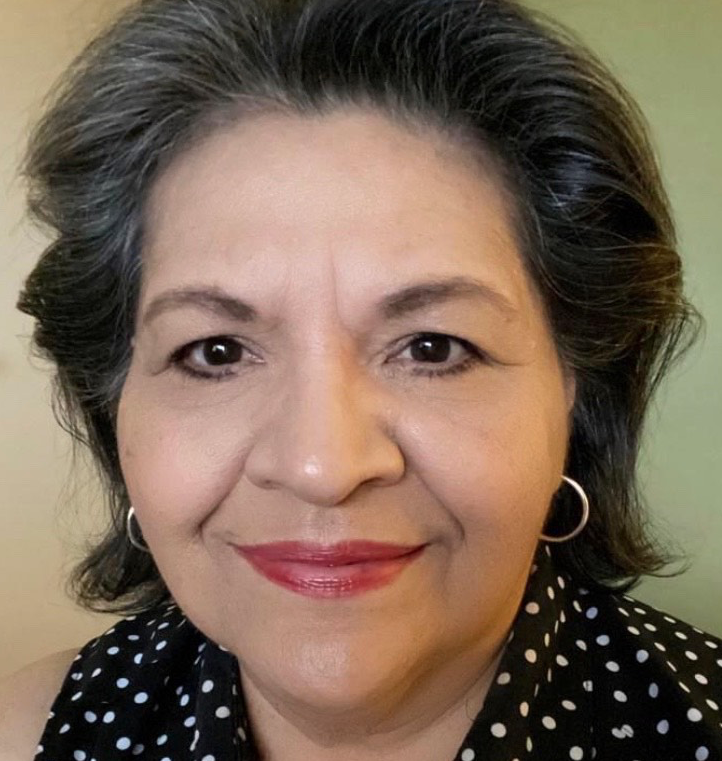
Sara A. Buentello, Master of Arts in Sociology
After raising 6 children and retiring from the workforce, I decided it was time to return to school and complete the college education I stated 40 years before, and so I became a non-traditional student at TAMIU. Upon receiving my undergraduate degree in Sociology, the incredibly supportive professors encouraged me to go further and work towards earning a master's degree. I was skeptical that I could achieve this distinction considering my age, however, I "went for it" and I won't lie, it was not easy. It was challenging and it was tough, but it was doable. With the help and support of not only my family but of the great professors I studied under, who became not only mentors but great friends, I did it. I encourage anyone with the desire to "go further" to go for it. It will not only enhance your job opportunities but enhance your self-worth. I am now out of retirement and enjoying a new career. Life is good! So I can attest that the Sociology Master's Program at TAMIU is worth the time and effort to achieve success. Enjoy the journey!
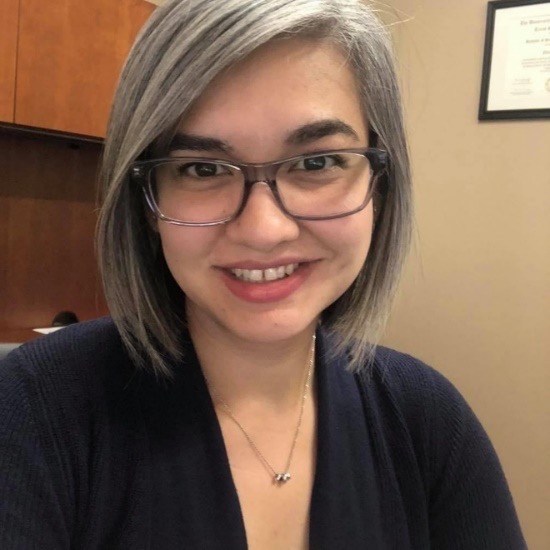
Nora Galvan, Master of Arts in Sociology
My experience pursuing the Master’s in Sociology program at TAMIU was both, challenging and rewarding. The availability of courses was flexible, and the academic content was rigorous. I was able to refine the skills necessary to excel in my career and expanded my professional network. I am very grateful for the guidance and support of the faculty, who are experts in the field and have a passion for teaching. I highly recommend the program to anyone interested!
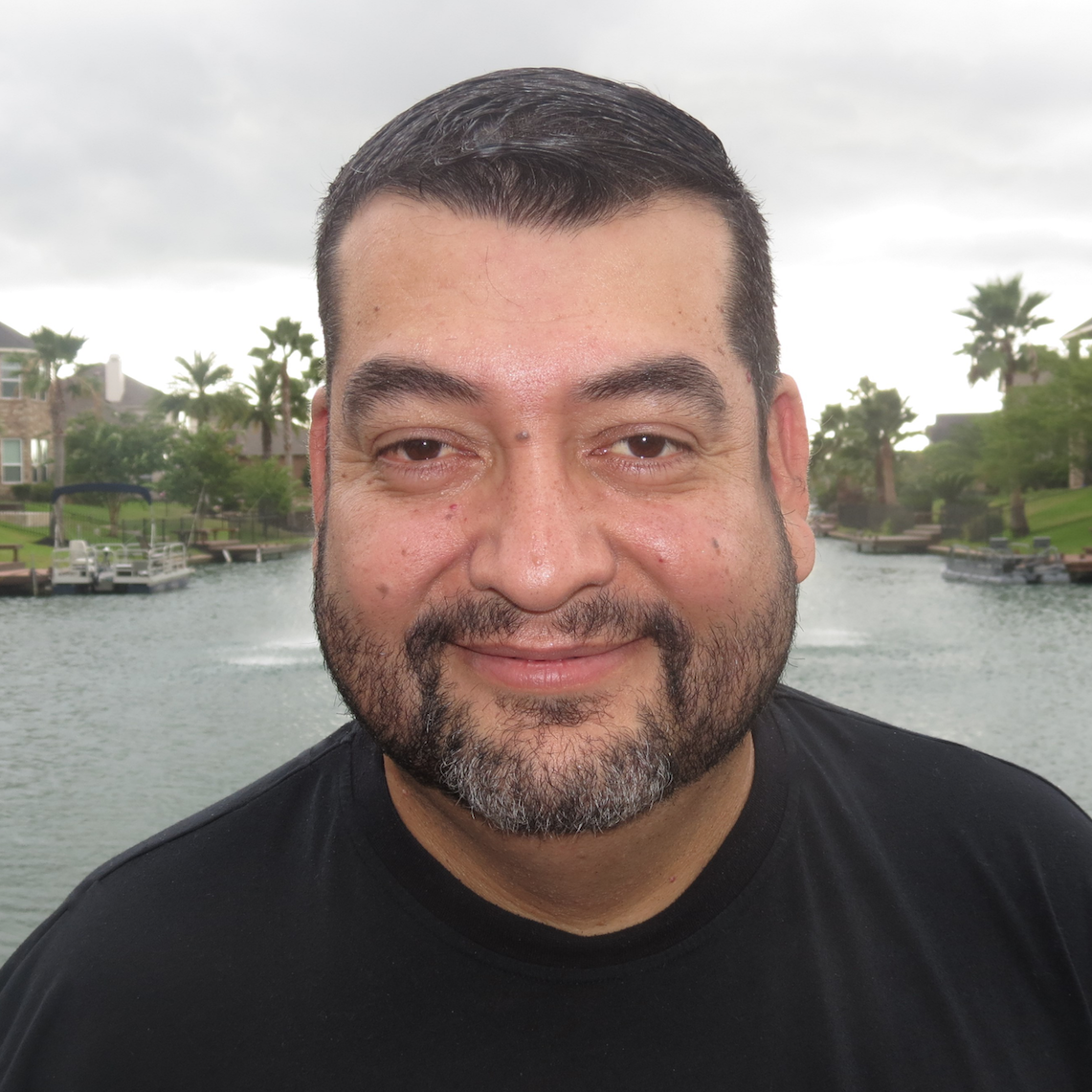
Roger Rodriguez, Master of Arts in Sociology
During my time as a student in the Sociology Department at Texas A&M International University, I learned the skills necessary to achieve my goals as a professor and author. In 1998, I received the Editor’s Choice Award for outstanding poetry and the best paper in psychology at the 5th annual Guillermo Benavidez Academic Conference. In 2008, I was featured on the Discovery Channel for my title “The Grass Beneath His Feet: The Charles Victor Thompson Story,” which has been translated into German, Italian, and French editions. I am currently an online instructor of Sociology at Texas A&M International University and Lead Associate Professor of English and Sociology at Lone Star College University Park in Houston, Texas. I encourage any student who maybe considering this program to take the plunge. It will not be a decision you regret!
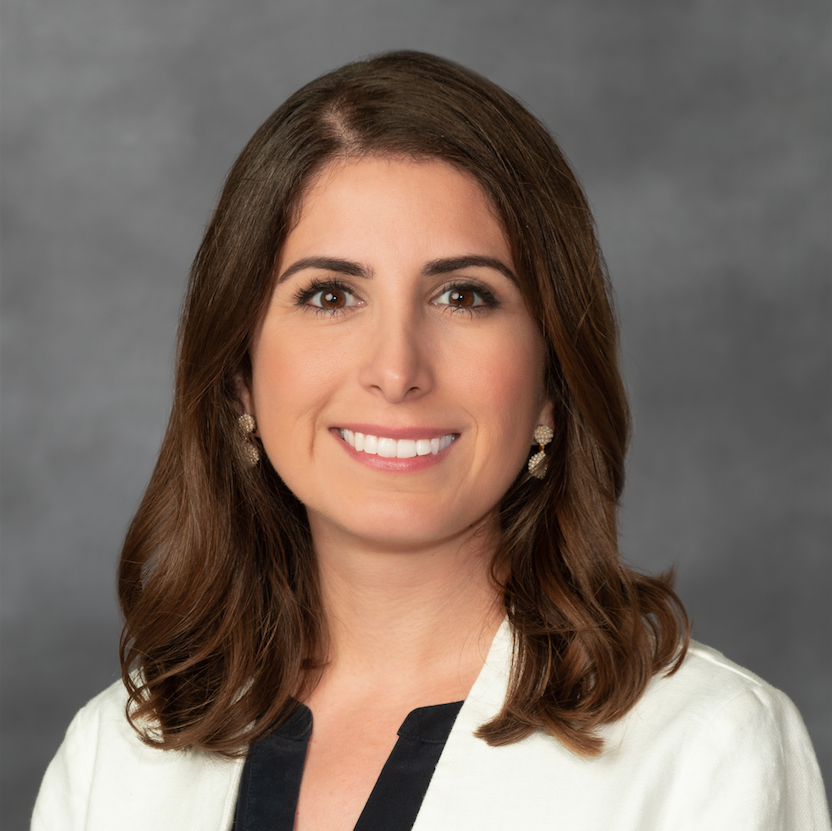
Dr. Gabriela Leon-Perez, Master of Arts in Sociology
I learned so much in my time studying Sociology at TAMIU! I was able to participate in a CDC grant-funded project studying Health in Laredo. After graduation from TAMIU, I became a Robert Wood Johnson Health Science Fellow and earned my Ph.D. in Sociology from Vanderbilt University. I am now working as an Assistant Professor of Sociology at Virginia Commonwealth University.
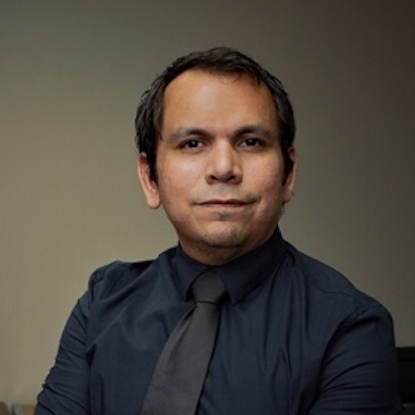
Jorge Aviles, Master of Arts in Sociology
Shortly after being awarded a Master of Arts in Sociology at TAMIU in 2015, I began work as an analyst on the Sí Texas - Juntos for Better Health project which was one of the largest research based collaborative healthcare projects in the Laredo area seeking to improve the health outcomes of the community. With a lens of sociological inquiry and data analytics gained through my studies as an undergraduate and graduate student at TAMIU, today I help make higher education in Laredo possible as a Research and Reporting Analyst for the Office of Institutional Assessment, Research, and Planning at TAMIU.
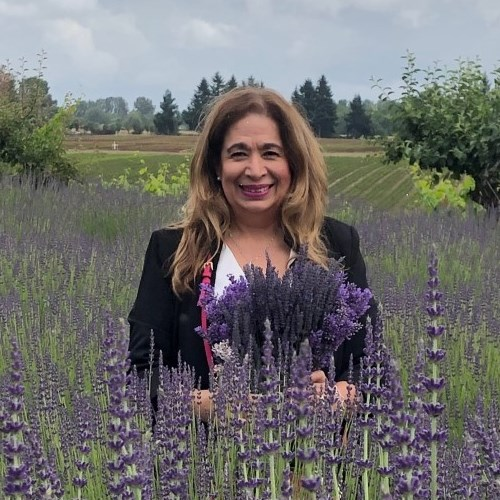
Maria Leticia Cruz, Master of Arts in Sociology
The Master’s degree program in Sociology allowed me to understand our ever-changing world from a global perspective. Gathering and analyzing information on global problems and the effects on our society sharpened my analytical and research skills. The diverse course subjects permitted me to focus on topics of personal interest such as culture, subcultures, immigration, education and grant writing. As a result, I have written and received funding for three grants from the U. S. Department of Education and have been teaching U.S.-Mexico Border Subcultures and Sociology of Education since 2013. I am grateful for the opportunities this program has given me, and I hope this encourages interested students to reach out for more information.
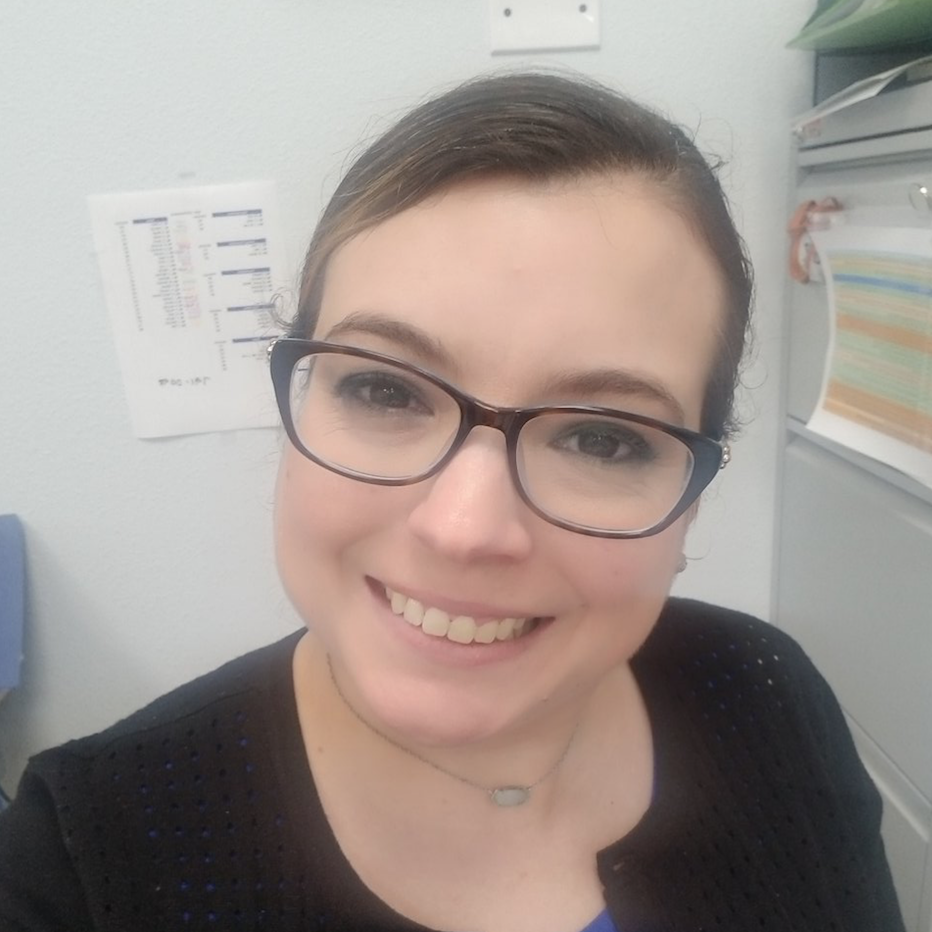
Marissa Laurel-Wilson, Master of Arts in Sociology
Earning a Master’s degree in Sociology from Texas A&M International University has been my greatest accomplishment thus far. As a non-traditional graduate student, completing a thesis was a bit daunting; however, with the support of the faculty and my thesis committee I was able to successfully achieve this goal. One of the biggest assets from the TAMIU Sociology department is the networking and support given to its students. Even after I graduated, I continued to receive their valuable support. In fact, I was able to publish my thesis with the guided assistance of my mentor and thesis committee. Another great strength of the Sociology department is the statistical foundation that I obtained while working on my thesis. This foundation has provided me with the skill set needed to be successful as I pursue a doctoral degree in Applied Demography. The support and skill set that you receive while being a graduate student in the Sociology department at TAMIU will enable you to flourish in future endeavors.
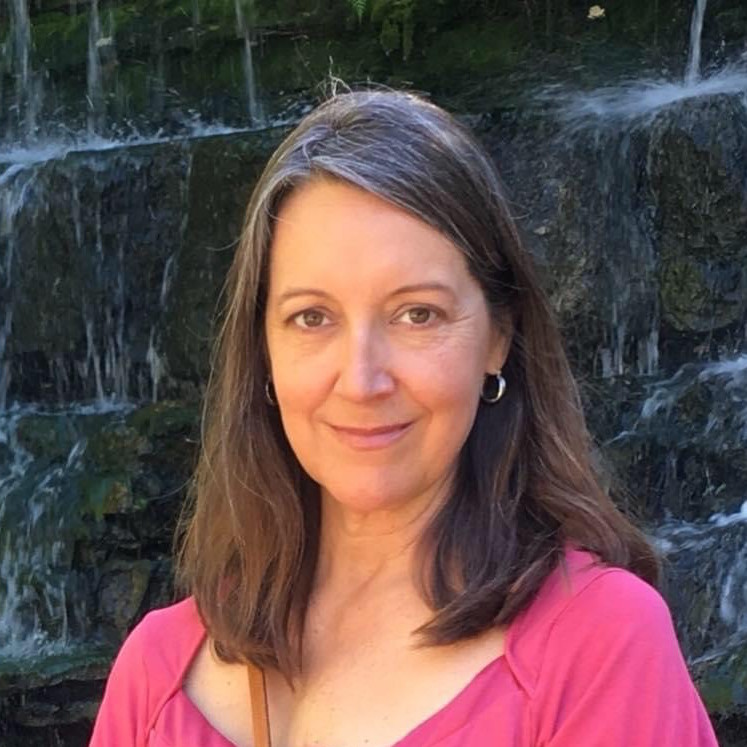
Susan Marie Aguilar, Master of Arts in Sociology
As a member of an NSF funded research team at TAMIU, I assisted in East Asian research. I’ll never forget taking the night train to Kuala Lumpur, or hiking up to the rain forest of Singapore. In being a part of that team, I was given experience, opportunities, inspiration, and guidance.
I was not just equipped to practice the things I had learned, but I also developed the confidence to surmount new ventures ahead. I now work at the Department of Family and Protective Services. Every day, I get to help people have better lives. I am beyond grateful for this and for TAMIU.
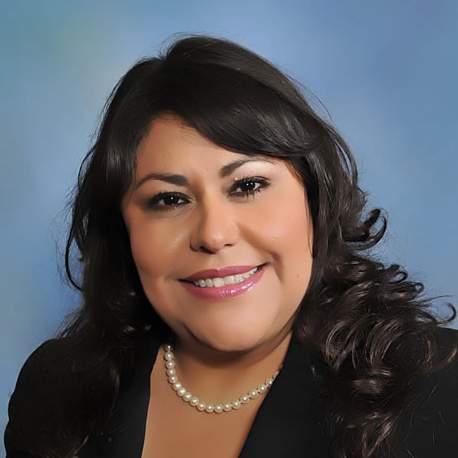
Maria Del Rosario Benavides, Master of Arts in Sociology
During my time as a Sociology graduate student at Texas A&M International University (TAMIU), I acquired skills to conduct research in the field of criminal justice, sociology of science and technology, and health disparity. The rigorous training and experiences I received shaped me into the multi-cultural researcher I am today. The program prepared me for scholarly and applied research; it also provided state and international conference experience; job and scholarship opportunities while allowing me to develop my own research interest.
In 2013, I served as research mentee and co-managed survey operations in a National Science Foundation funded research project in East Asia. The project Transmission of Tacit Skills in East Asia research methodologies consisted of quantitative and qualitative surveys and laboratory observations with notable and prominent scientist at four top universities in Taiwan. Later, in 2014 I was competitively selected to present my research paper at prestigious academic conferences in Singapore and New Hampshire and elaborated how Scientific Ambidexterity, (a coined term), has the ability to shape mentor-mentee interaction and mentoring practices. In 2014, I was awarded a fellowship funded by the Department of Homeland Security to research and report trends, risk factors, and vulnerabilities that make individuals susceptible to human trafficking; in addition to develop human trafficker’s profiles and methodologies. In 2015, through a project funded by the Department of Justice, I developed child abduction case studies and conducted research that led to promising practices to combat child abduction, trafficking, and exploitation in Southern Border Communities as well as border regions in Mexico.
Since receiving my training, I co-published Academics’ ambidextrous behavior and doctoral science mentoring practices; managed two federal (SAMHSA and HRSA) grants, and served as adjunct faculty for Texas A&M International University. It is my hope my experiences and opportunities may encourage and motivate you to pursue your own research interest. Whether it is the COVID pandemic, civil right movement, economics, or technology. Your research may help take other civilizations forward. So what are you waiting for?
FACULTY
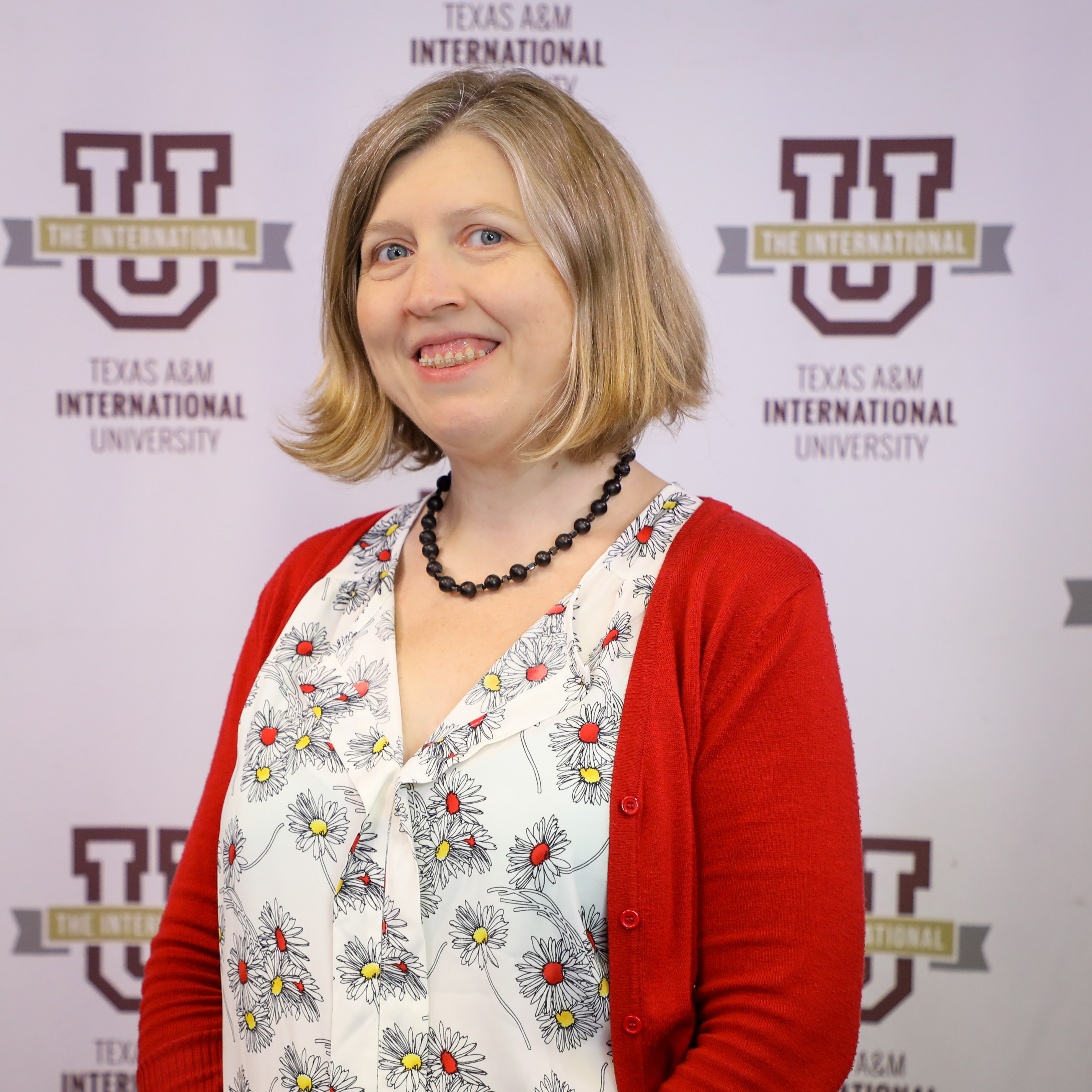
Dr. Pamela Neumann, Assistant Professor
A long-time resident of South Texas, Dr. Neumann earned her B.A. in Political Science from Trinity University and her M.A. in Latin American Studies and Ph.D. in sociology from The University of Texas at Austin. Her main areas of study include gender inequality, gender-based violence, social movements, immigration, environmental sociology, and international development, with a regional focus on Latin America. Prior to completing her graduate work, Dr. Neumann worked as a service-learning coordinator in higher education and as a communications specialist for a non-governmental organization in Nicaragua. She is fully bilingual in English and Spanish and enjoys sharing cross-cultural experiences in the classroom.
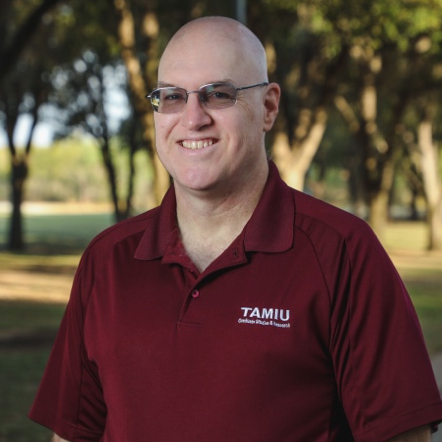
Dr. John Kilburn, Professor
Dr. Kilburn currently serves as Associate Vice-President for Research and Sponsored Projects. He moved to TAMIU in January of 2005, where he served as the Chair of the Department of Behavioral, Applied Sciences & Criminal Justice. He earned his Ph.D. in Sociology from Louisiana State University. Prior to completing his graduate work, Dr. Kilburn worked as a counselor for court-adjudicated youth and their families. His current research interests are Violence, Border Studies, and Urban Sociology. His research has been published in journals such as Social Forces, Social Science Quarterly, Criminal Justice Review, Urban Affairs Review, Psychological Bulletin, Journal of Pediatrics, and Cities.
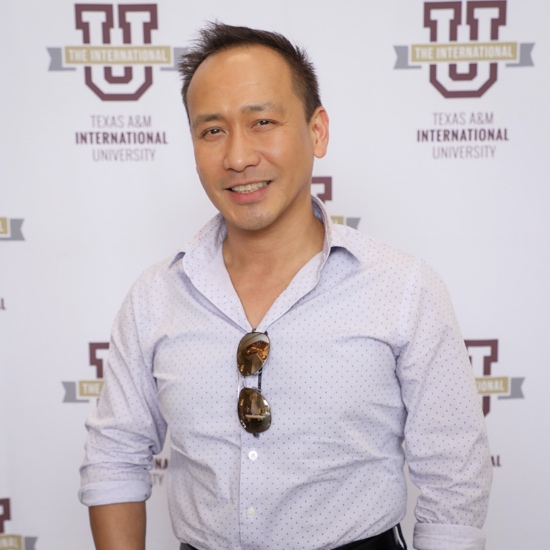
Dr. Marcus Ynalvez, Associate Professor
Dr. Ynalvez is an associate professor of sociology and the associate dean of research at College of Arts and Sciences. Prior to TAMIU, he worked at the Biometrics Unit of the International Rice Research Institute (IRRI), and the Statistics and Data Systems Division of the Asian Development Bank (ADB) in Manila. His areas of specialization are in the sociology of science and technology, and the sociology of health and illness. In the sociology of science and technology, he focuses on the impact of professional networks, research collaborations, commercial engagement on scientific innovation, productivity, and training at the Global South and in the East Asian region. In the sociology of health and illness, he studies the impact of social networks on depression, suicidality, obesity, and the receipt of vaccination. Yet another area of specialization is in advanced quantitative methods (survey and experimental research designs). He has published in peer-reviewed journals such as International Sociology, Plos One, Obesity Research and Clinical Practice, Research Policy, and Scientometrics, to mention a few. His research has been funded by the U.S. National Science Foundation, the U.S. Substance Abuse and Mental Health Services Administration, the Laredo Independent School District, and TAMIU’s University Research and Development Award. As a faculty, he was TAMIU’s Senator Judith Zaffirini Leadership and Scholarship Awardee, and TAMIU’s International Faculty Awardee in 2014. He was also awarded TAMIU’s Scholar of the Year in 2015.
Contact
Department of Social Sciences
Academic Innovation Center 313
Phone: 956.326.2475 | Email: brenda.martinez@tamiu.edu